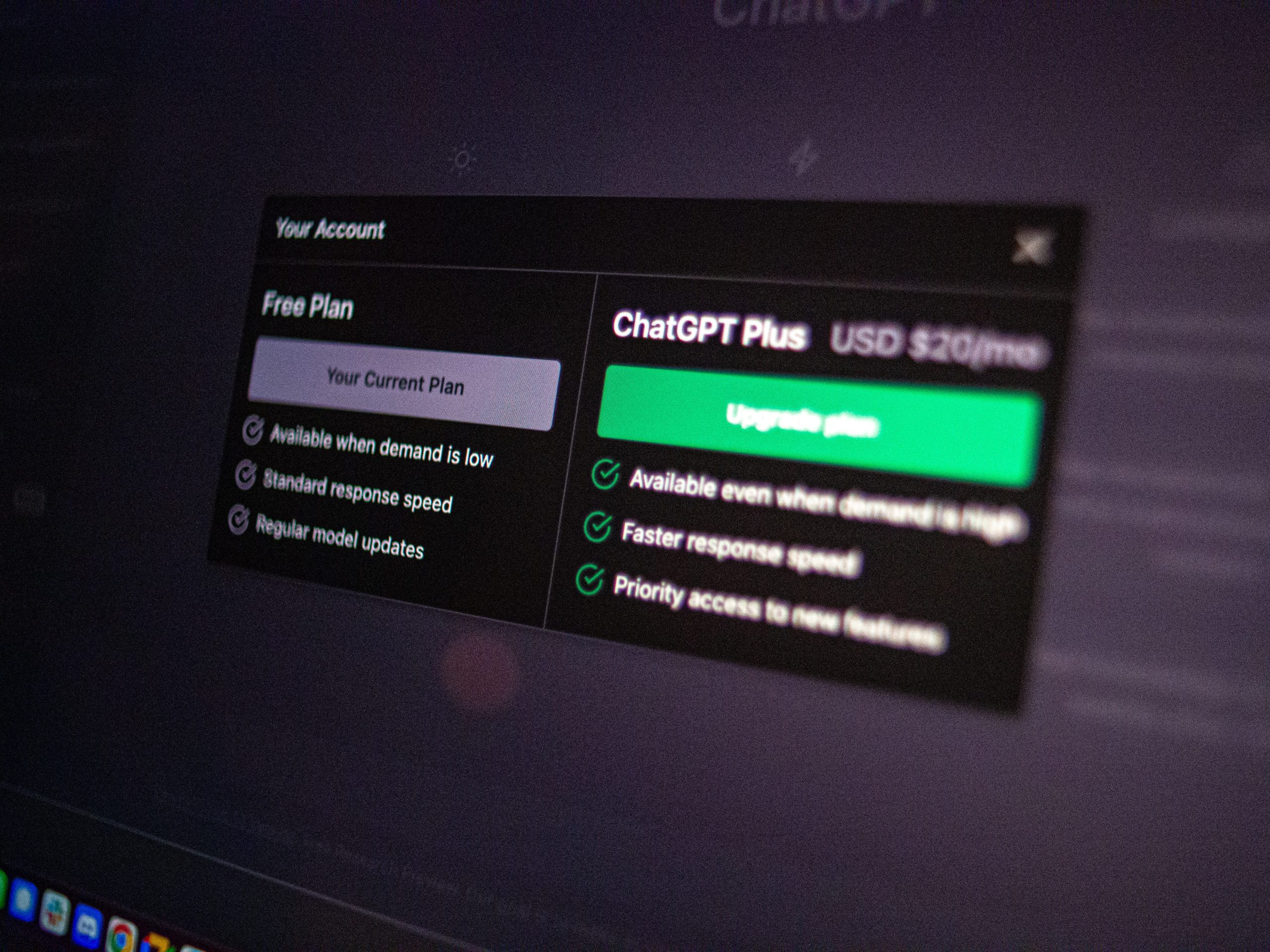Introduction
In today’s digital age, the internet has become an essential part of our daily lives. From social networking to online shopping, we rely on it for almost everything. However, with great power comes great responsibility – and this is where things get tricky. The issue of internet censorship has been a subject of debate for quite some time now, as different countries and organizations have their own opinions about what can and cannot be allowed online. But where do we draw the line? Join me as I explore the slippery slope of internet censorship in this thought-provoking blog post!
What is Internet Censorship?
Internet censorship is the act of limiting or restricting access to online content. This can be done through a variety of means, including blocking websites, censoring search results, and removing content from social media platforms.
There are a number of arguments for and against internet censorship. Those in favor of censorship argue that it is necessary to protect children from harmful or inappropriate content, to prevent people from accessing illegal or pirated material, and to help protect national security. Those against censorship argue that it infringes on freedom of expression, prevents people from accessing information they have a right to know, and can be used as a tool for political repression.
The debate over internet censorship is complex and often emotional. There is no easy answer as to where the line should be drawn. However, it is important to have an open and honest conversation about the issue so that we can make informed decisions about the future of the internet.
The Pros and Cons of Internet Censorship
There are a number of pros and cons to internet censorship. On the plus side, censorship can help to protect children from inappropriate content and stop the spread of hate speech. It can also help to prevent cyberbullying and other forms of online harassment. On the downside, censorship can also be used as a tool to silence dissent and stifle free speech. It can also lead to the creation of “blacklists” of websites that are blocked for no good reason.
What do you think? Is internet censorship a good or bad thing? Let us know in the comments below!
Where Should We Draw the Line?
The internet has become a central part of our lives, providing us with a space to connect with others, access information, and share our thoughts and ideas. But as the internet has grown, so too has the debate over how it should be regulated. One of the most controversial topics is censorship.
There are many arguments for and against censorship. Those in favor of censorship argue that it is necessary to protect people from offensive or harmful content. They also argue that it can help to prevent crime by making it more difficult for people to access illegal material. Those against censorship argue that it violates our right to freedom of expression and inhibits open dialogue and debate.
So where should we draw the line when it comes to internet censorship? This is a complex question with no easy answer. However, there are some general principles that can guide our decision-making.
First, we should consider whether the censored material is actually harmful or offensive. If there is a clear risk of harm, then censoring the material may be justified. However, if the only reason for censorship is that someone finds the material offensive, then this is not a strong enough justification.
Second, we should consider whether there are less restrictive ways to achieve the same goal. For example, rather than censoring an entire website, could we just block access to specific harmful or offensive content? Or could we provide warning labels or age restrictions? These less restrictive approaches are generally preferable to censorship.
Third, we
Conclusion
The slippery slope of internet censorship is complex and deserves careful consideration. We must strike a balance between protecting vulnerable users from dangerous content, while preserving freedom of speech and expression for all. Ultimately, it comes down to personal responsibility; we must think critically about the information that we come across online and be willing to engage in healthy debate when our views differ. With thoughtful deliberation and prudent decision-making, the internet can remain an open platform for people around the world to express themselves freely.









Right here is the perfect site for everyone who would like to find out about this topic. You understand so much its almost tough to argue with you (not that I really would want toÖHaHa). You certainly put a brand new spin on a subject thats been written about for decades. Great stuff, just excellent!